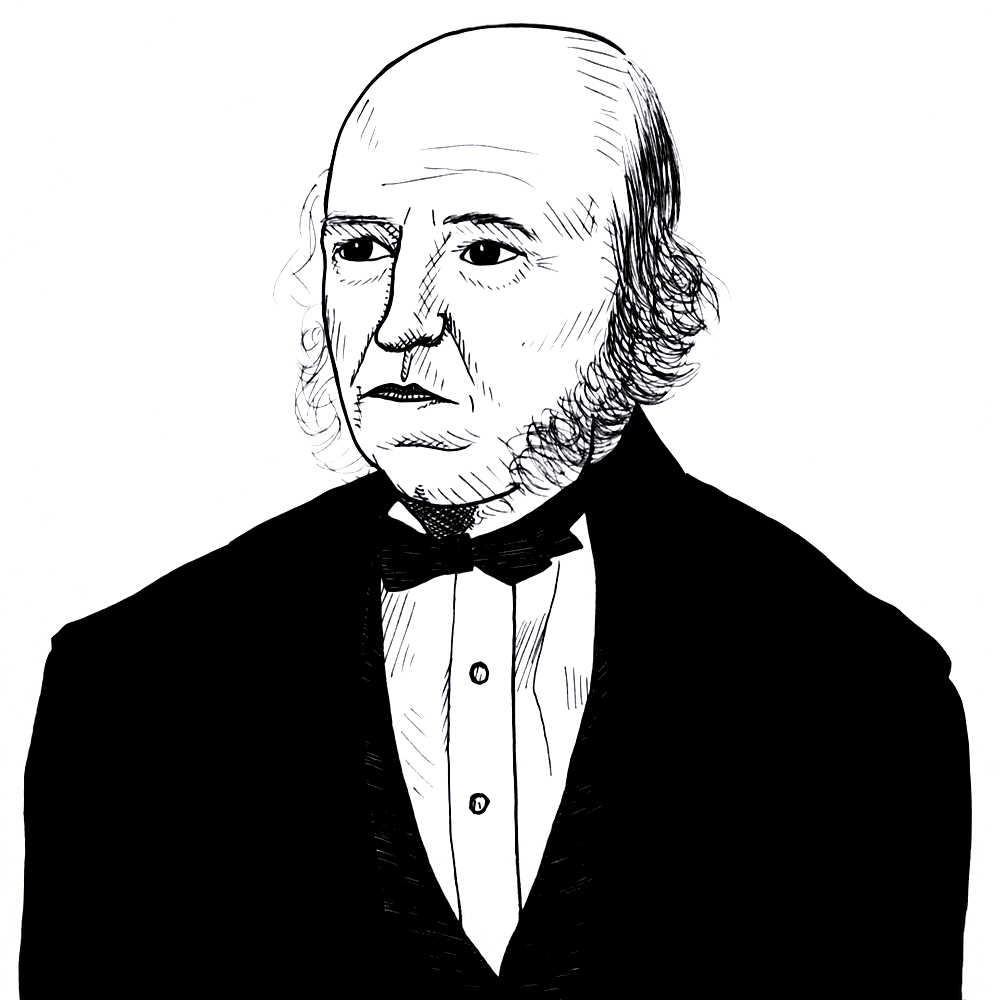
Spencer on voting as a poor instrument for protecting our rights to life, liberty, and property (1879)
Found in: The Principles of Ethics, vol. 2 (LF ed.)
The English radical individualist philosopher Herbert Spencer (1820-1903) distinguished between “rights properly so-called” (such as the rights to life, liberty and property) and “political rights so-called” (such as the right to vote). In his mind the latter were merely an “appliance” or an “instrument” for achieving the former. By 1879 Spencer was convinced that voting was not a very good way to preserve our rights but rather a means to put ourselves “in bondage” to the state:
Parties & Elections
… the acquirement of so-called political rights is by no means equivalent to the acquirement of rights properly so-called. The one is but an instrumentality for the obtainment and maintenance of the other; and it may or may not be used to achieve those ends. The essential question is–How are rights, properly so-called, to be preserved–defended against aggressors, foreign and domestic? This or that system of government is but a system of appliances. Government by representation is one of these systems of appliances; and the choosing of representatives by the votes of all citizens is one of various ways in which a representative government may be formed. Hence voting being simply a method of creating an appliance for the preservation of rights, the question is whether universal possession of votes conduces to creation of the best appliance for preservation of rights. We have seen above that it does not effectually secure this end; and we shall hereafter see that under existing conditions it is not likely to secure it.